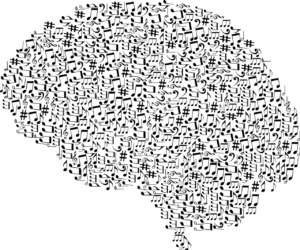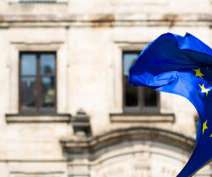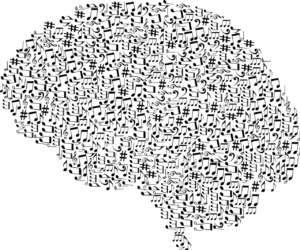AI Music Outputs: Challenges to the Copyright Legal Framework – Part II
Kluwer Copyright Blog
APRIL 24, 2022
This post is the second instalment of an analysis of a recent report , a part of the reCreating Europe project, on the application of EU copyright and related rights law to outputs generated by or with the assistance of artificial intelligence (AI) systems, tools or techniques (AI outputs), with a focus on outputs in the musical domain.












Let's personalize your content